leaves for a world tour by mid-1964
It's Christmas again (from Manila)
And we’ve tried very hard
To get a family photo
For our Christmas card
We’ve tried it for years
But it never works.
Somebody cries,
And somebody smirks
The problem is not
Uniquely ours,
We see it as a world-wide
Clash of powers.
To get a smile
On the whole world’s face
Is a hope as old
As the human race.
So the picture in words
We present to you
Of the joys of life
We all go through
Merry Christmas
And a Good year too
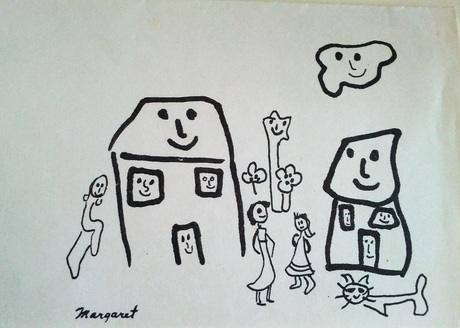

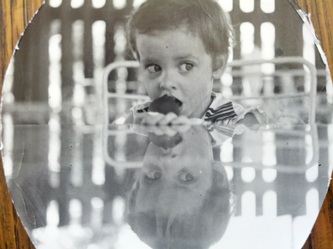
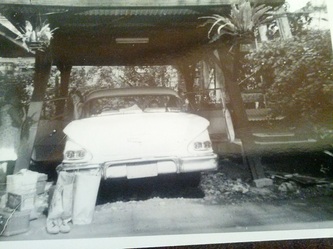
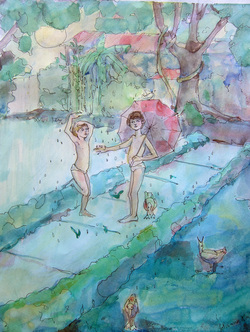

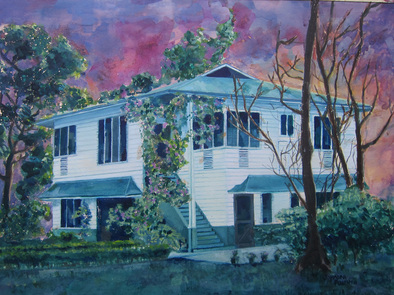
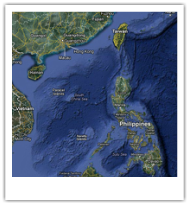
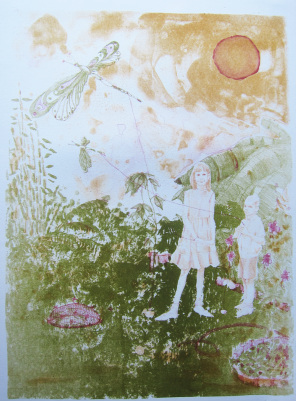
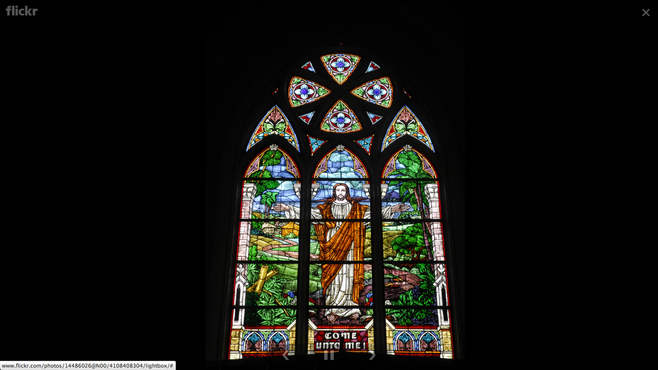

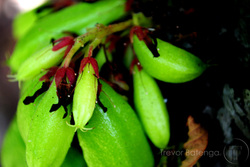
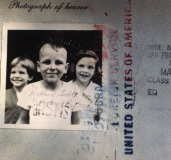
 RSS Feed
RSS Feed
